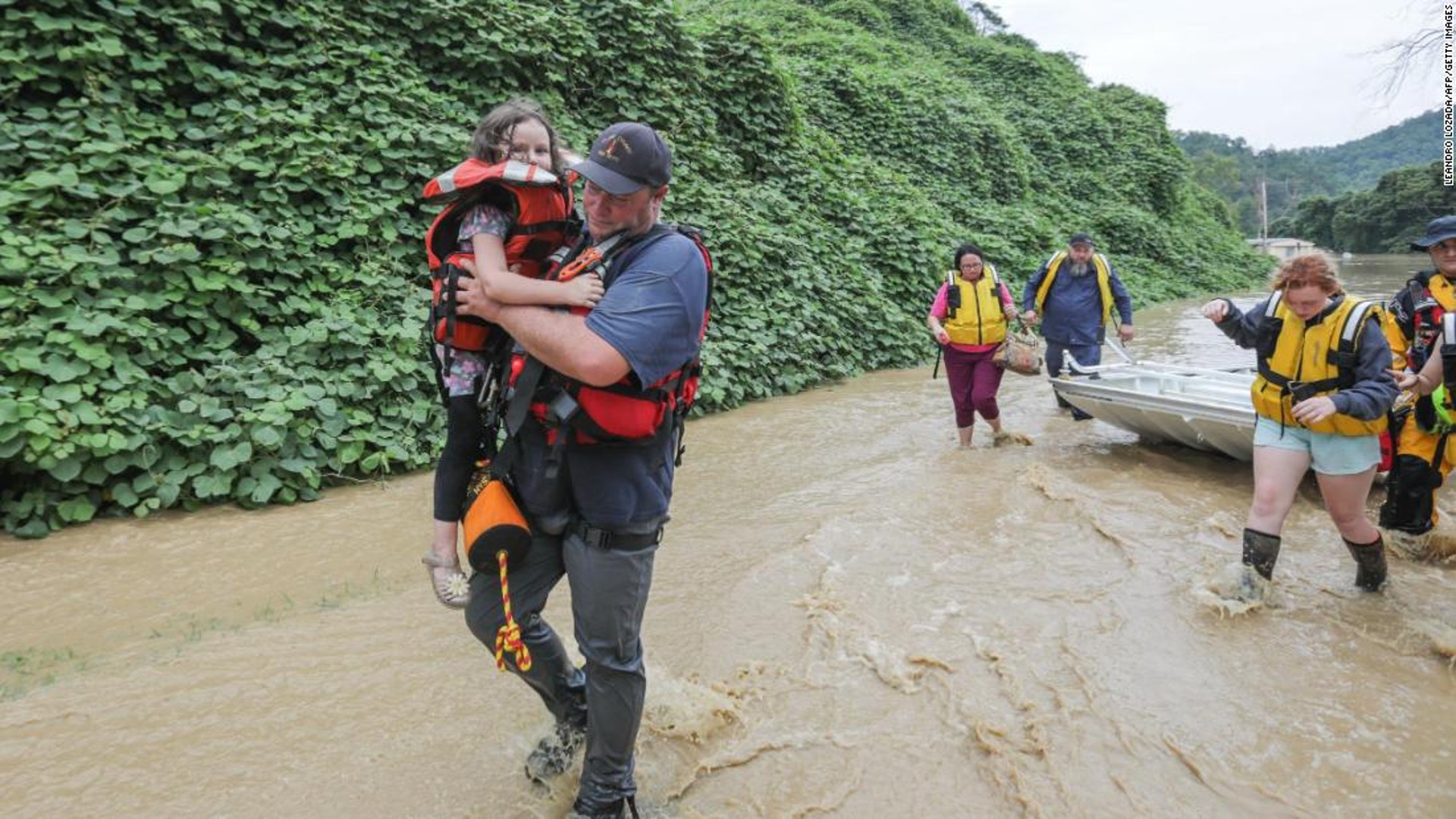
Should abortion be purely and simply prohibited or should there be exceptions in the event of rape, incest or even danger to the health of the woman? That’s the question the Indiana Senate was quick to ask after a 10-year-old Ohio rape victim traveled to the state for an abortion, because of new restrictions in his State of origin.
The case caused a storm in the United States, the president, Joe Biden, citing it as an example to criticize the decision of the high court, on June 24, to no longer guarantee the right to abortion. Locally, in this state in the north of the country, it is prolonged in a political, judicial and legislative battle and illustrates the divisions around the about-face of the Supreme Court.
Attention has partly focused on gynecologist Caitlin Bernard, who performed the abortion. She reported to several media in early July that she received the little girl in Indianapolis after being contacted by a colleague from Ohio. In this Midwestern state, neighboring Indiana, the Supreme Court decision immediately allowed the entry into force of a law prohibiting abortion after six weeks of pregnancy, including in cases of rape or incest. .
However, the girl, raped in May by a man who was arrested, had exceeded this term by four days. She therefore went to Indiana, where voluntary terminations of pregnancy (abortion) remain – for the moment – legal until 20 weeks pregnant.
Caitlin Bernard’s intervention angered state attorney general Todd Rokita. “We have this pro-abortion activist, who claims to be a doctor, and is notorious for not filing the required reports”he said on Fox News on July 13. “So we are gathering the information, the evidence, and we are going to fight until the end”he continued, threatening to revoke his professional license. The practitioner, who also claims to be harassed, accused the prosecutor of defamation.
Indiana authorities have announced that they are investigating Caitlin Bernard, accused of not having reported the girl’s case to the authorities, as local law requires in terms of child crime. According to articles from New York Times and CNN, dating respectively from July 28 and 29, documents however attest that the procedure was indeed applied by the practitioner.
Abortion to be banned in Indiana
Opponents of abortion also criticize defenders of this right to” utilize “ the girl to promote their cause. They blame his misfortunes on Joe Biden’s immigration policy, the attacker being a Guatemalan who apparently entered the United States illegally several years ago, according to a police officer who spoke at a court hearing on Thursday. “This horrible situation has been caused by Marxists, socialists and those in the White House who are advocating for a lawless border”launched the attorney general of Indiana interviewed by Fox News.
Like those of Ohio, the officials of the state of Indiana, with a Republican majority, are also hostile to the right to abortion and are considering banning the procedure, which is currently being debated in the Senate. But after long questioning among Republicans, on Thursday evening, eighteen of them joined ten Democrats in voting in favor of maintaining the exceptions for rape and incest in the bill aimed at banning abortion in the state. Some Republican lawmakers as well as anti-abortion activists have strongly criticized this choice, deeming it too lenient.

The votes of eighteen other Republicans who want to remove these exceptions will be needed for the bill to pass from the Senate to the Republican-led House. The Senate vote could take place on Friday.
Until the arrest of the man suspected of having raped the girl, the conservative press and several Ohio officials had expressed doubts about the veracity of the drama. The suspect was taken into custody without bail Thursday, July 28 by a judge, who cited overwhelming evidence. He confessed to his crime and DNA testing of the aborted fetus confirmed he was the father, the county attorney told the court Thursday. If found guilty, the attacker, who had lived in the same house as the girl and her mother, faces life in prison, without the possibility of parole.
Find our forums on the right to abortion in the United States
Eric Fassin, professor of sociology at the University of Paris 8: “Abortion, the end of a right”
Amandine Clavaud, Director of the Gender Equality Observatory at the Jean-Jaurès Foundation: “The cold war against women has never ended”
Denis Lacorne, emeritus research director at CERI-Sciences Po: “The triumph of Trumpism and these main supporters”
Esther Cyna, Doctor of American Civilization: “The Supreme Court’s project on abortion risks calling into question other advances in the civil rights movement”
Stephane Auray, the Economics and Statistics Research Center, David Fuller, Associate Professor, University of Wisconsin, et Guillaume Vandenbroucke, Federal Reserve Bank of St. Louis, Missouri: “Changing Abortion Bans Risks Boosting Teen Birth Rate”





